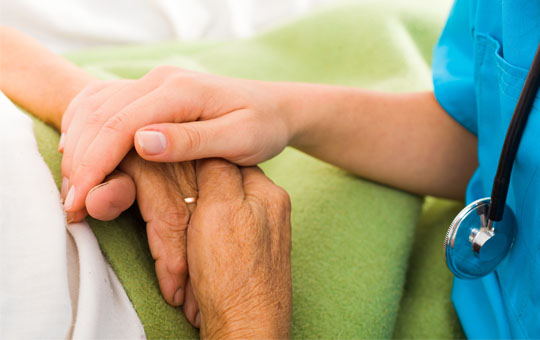Follow the conference on X #DeliriumCareHomes
This conference focuses on the prevention, assessment and management of people with delirium in care homes. Through national updates and practical case studies the conference will equip you to spread the message that delirium is preventable, and develop your skills in the recognition, assessment and management of delirium in your residents. The conference will include case study sessions focusing delirium prevention, recognition and treatment interventions. There are also in depth sessions focusing on managing people experiencing distress due to delirium, medication and prescribing, and delirium at the end of life
"Delirium is a worsening or change in a person’s mental state that happens suddenly, over one to two days. The person may become confused, or be more confused than usual. Or they may become sleepy and drowsy. Delirium can be distressing to the person and those around them, especially when they don’t know what’s causing these changes…Delirium may be the first sign that someone is becoming unwell, and is one of the most common early symptoms of coronavirus infection in people with dementia."
Alzheimers Society 2023
"Delirium is common in long-term care settings. Adults living in institutional long-term care (LTC) are at a particularly high risk of delirium. An episode of delirium can increase the risk of admission to hospital, the development or worsening of dementia, and can increase mortality. It is associated with considerable distress for patients, families and carers. Preventing delirium and improving its recognition and management could be a key driver to improving quality of health and social care."
University of York
This conference will enable you to:
Network with colleagues who are working to improve practice in the prevention, recognition, assessment and management of people with delirium in care homes
Learn from outstanding practice in prevention of delirium
Reflect on lived experience
Understand delirium as a symptom of coronavirus and how this should be managed, and what we can learn from the pandemic with regard to delirium management
Reflect on national developments and learning
Develop the role of delirium champions in care homes
Understand latest evidence on the causes and risk factors for delirium
Implement principles of assessment for those at risk of delirium and those presenting with symptoms
Develop your skills in early assessment and recognition of Delirium
Identify key strategies for improving psychological care of people experiencing delirium
Improve training of care home staff in the recognition and management of delirium
Reflect on the management of people in distress who are experiencing delirium
Learn from best practice in managing delirium at the end of life, and improving communication with patients and carers
Self assess and reflect on your own practice
Supports CPD professional development and acts as revalidation evidence. This course provides 5 Hrs training for CPD subject to peer group approval for revalidation purposes





